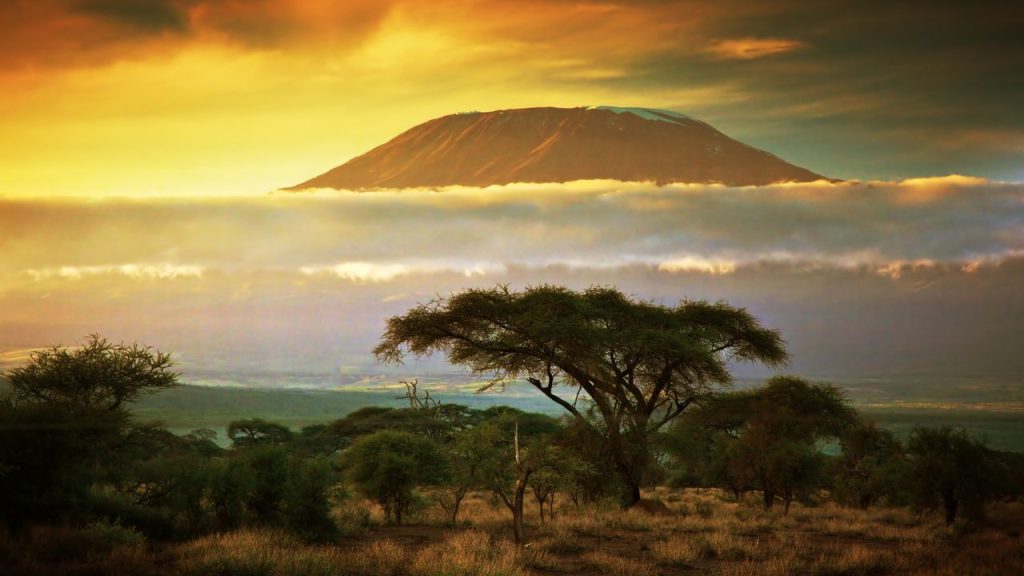Cultural Experiences in Africa: Preserving Heritage, Sharing Stories, and Celebrating Traditions
Africa is a continent rich in cultural diversity, where ancient traditions and customs have been preserved for generations. From the vibrant music and dance to the intricate artwork and traditional ceremonies, Africa offers a plethora of cultural experiences that are both enlightening and awe-inspiring. In this article, we will explore the importance of cultural heritage preservation, the power of cultural storytelling, and the significance of traditional ceremonies in Africa.
Cultural Heritage Preservation
Cultural heritage preservation plays a vital role in maintaining the identity and history of a community or nation. In Africa, numerous organizations and individuals are dedicated to safeguarding and promoting cultural heritage. They understand that preserving cultural artifacts, rituals, and practices not only strengthens the sense of belonging among the people but also attracts tourists from around the world.
One remarkable example of cultural heritage preservation is the Great Zimbabwe National Monument. This UNESCO World Heritage Site showcases the ruins of an ancient city, providing insights into the rich history and architectural prowess of the Shona people. By protecting and promoting such sites, Africa ensures that future generations can connect with their roots and appreciate the accomplishments of their ancestors.
Cultural Storytelling
Storytelling has always been an integral part of African culture. Through oral traditions, myths, and legends, African communities have passed down their history, values, and wisdom from one generation to another. Cultural storytelling not only educates and entertains but also fosters a sense of unity and pride among the people.
One of the most famous African storytellers is Nelson Mandela. His autobiography, “Long Walk to Freedom,” not only chronicles his personal journey but also highlights the struggles and triumphs of the South African people during the apartheid era. Mandela’s powerful words have inspired millions around the world, demonstrating the transformative power of cultural storytelling.
Traditional Ceremonies
Traditional ceremonies hold immense significance in African societies. They serve as a way to honor ancestors, celebrate milestones, and strengthen community ties. These ceremonies are often characterized by vibrant costumes, rhythmic music, and energetic dances that captivate the senses and create a memorable experience for participants and spectators alike.
The Maasai tribe of East Africa is renowned for their traditional coming-of-age ceremony, known as Eunoto. During this ceremony, young Maasai warriors prove their bravery and readiness for adulthood through a series of tests and rituals. The event is a colorful spectacle, showcasing the tribe’s unique attire, jewelry, and traditional songs.
Another notable ceremony is the Durbar festival in Nigeria. This grand event is celebrated by various Nigerian communities, including the Hausa, Fulani, and Kanuri people. It is a display of cultural heritage, featuring horseback parades, traditional music performances, and elaborate ceremonies. The Durbar festival not only preserves cultural traditions but also promotes tourism and fosters cultural exchange.
In Conclusion
Africa’s cultural experiences are a treasure trove of history, art, and tradition. By preserving cultural heritage, sharing stories, and celebrating traditional ceremonies, Africa not only honors its past but also shapes its future. These experiences offer a glimpse into the diverse and vibrant tapestry of African culture, leaving visitors with a deep appreciation for the richness and resilience of the continent.

